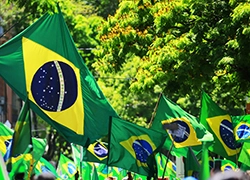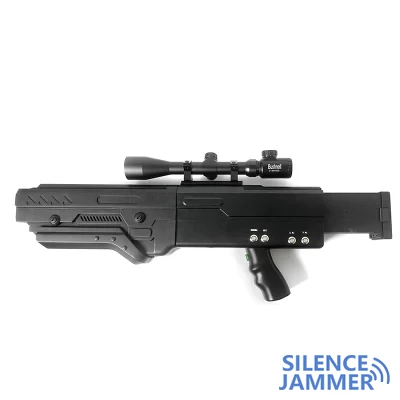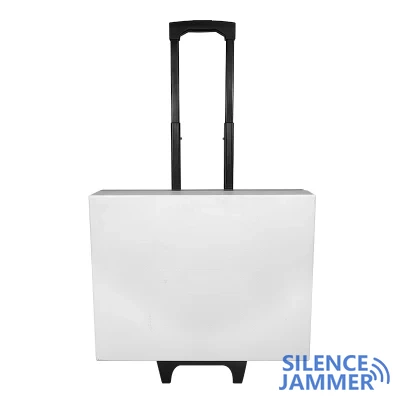Legal controversy over expanded jammer use in Brazil
In Brazil, a proposal by the National Telecommunications Agency (Anatel) to expand the use of radiocommunication signal interceptors (BSRs) has sparked strong opposition from technology company Neger Telecom. While expressing their concerns, Neger Telecom also stressed that BSRs should be limited to prison environments, as currently provided by law.

Anatel's proposal: expanded use
Anatel's proposal seeks to expand the use of BSRs, allowing multiple agencies and organizations, including the Armed Forces, the Ministry of Defense, the Federal Police, the Federal Highway Police, and the Fire Department, to use signal jammers. However, the proposal explicitly prohibits the use of these devices by individuals or corporate entities.
Notably, Anatel has previously authorized the use of BSRs in specific circumstances, such as during demonstrations in 2018 and 2019 as a measure to protect President Bolsonaro. In addition, BSRs were authorized for use during the 2016 Rio de Janeiro Olympics to ensure the safety of the event.
Neger Telecom’s position: a dual challenge of law and security
Eduardo Neger, director of operations at Neger Telecom, stressed that BSRs should not be authorized for use in other application scenarios outside prisons in order to ensure public safety. He pointed out that expanding the use of these devices could bring uncontrollable security risks and called for limiting the scope of their technical interference to ensure that the use of BSRs is limited to specific areas around prisons.
According to Neger Telecom, there is currently no legal basis to support the use of BSRs outside prisons. According to Law No. 10,792, passed in 2003, the use of such devices should be strictly limited outside prison centers. The law stipulates that any interference with "telegraph, telephone, computer or public information transmission" outside prisons constitutes a crime. Neger Telecom stressed that expanding the use of BSRs without clear legal authorization could lead to legal conflicts and harm the public interest.
Even if it is supported at the legal level, Neger Telecom still believes that it is necessary to clearly state the product categories to be approved for use, because different technologies may interfere with multiple signals, such as Wi-Fi and drones. Expanding the scope of use of BSR may not only affect communication systems, but also interfere with other critical services such as air traffic, emergency call systems, and the normal flight of drones.

Neger Telecom emphasizes that expanding the scope of use of BSR without sufficient evaluation may have unexpected consequences, especially negative impacts on critical services related to public safety and daily life.
About Neger Telecom
Neger Telecom has extensive experience in the field of signal shielding technology.
| History and contributions of Neger Telecom | In 2001, Neger Telecom participated in the first BSR field test conducted by Anatel in a Brazilian prison. Since then, the company has continued to promote the development of signal interception technology. |
| In 2016, Neger Telecom certified the first device in Brazil that can interfere with drone signals. | |
| In 2021, the company made a further breakthrough and certified the first device that can interfere with mobile phone signals within the range of 5G networks. |




